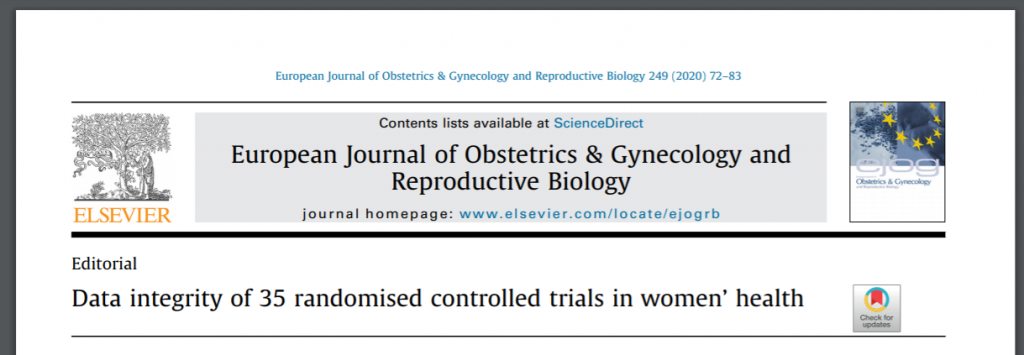
An Elsevier journal has, for the moment, removed a paper which found that the patients of female surgeons fare better than those treated by men.
Although the journal didn’t provide an explanation for the move — unfortunately not unusual for Elsevier — a spokesman for the publisher told us that reader complaints about the methodology and statistics in the article prompted the action.
The paper, which appeared last month in Surgery — the official journal of the Society of University Surgeons, Central Surgical Association, and the American Association of Endocrine Surgeons — was written by a group at the University of South Florida, in Tampa, led by Tara M. Barry, a general surgery resident at the institution.
“Battle of the sexes: The effect of surgeon gender on postoperative in-hospital mortality,” isn’t available on the journal website. However, a conference abstract by the authors states:
Continue reading Study finding patients of female surgeons fare better is temporarily removed







